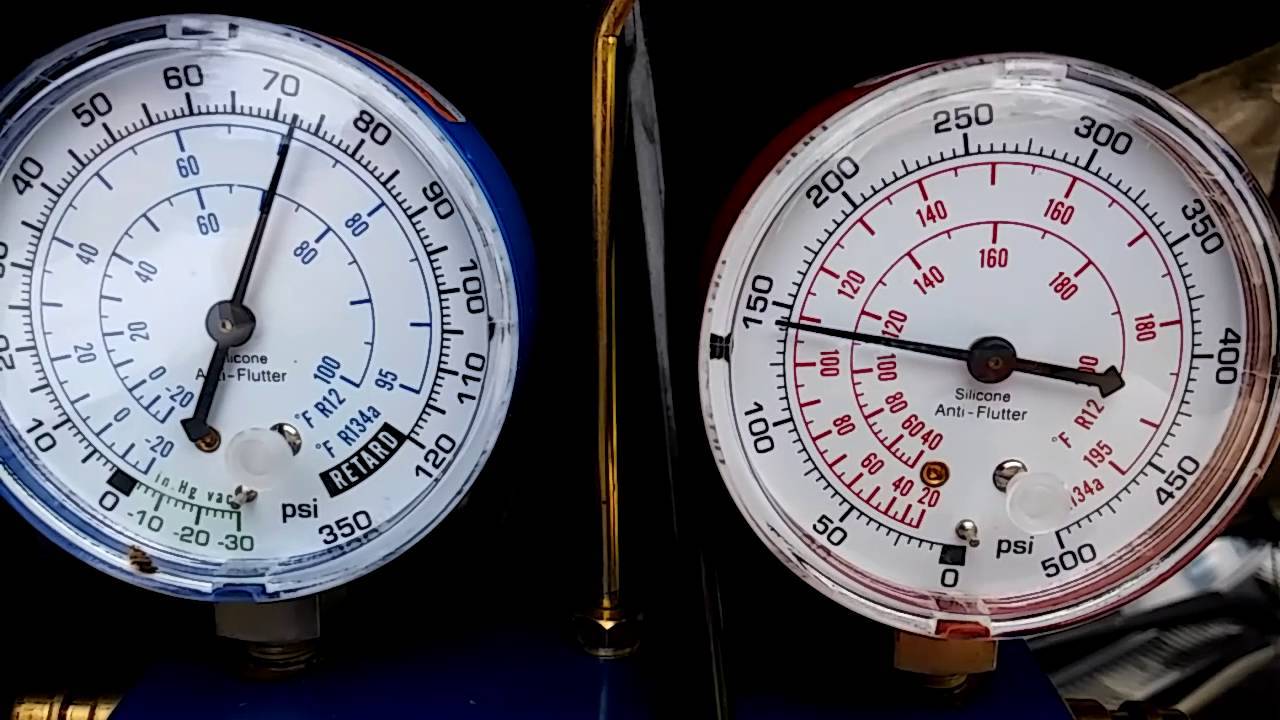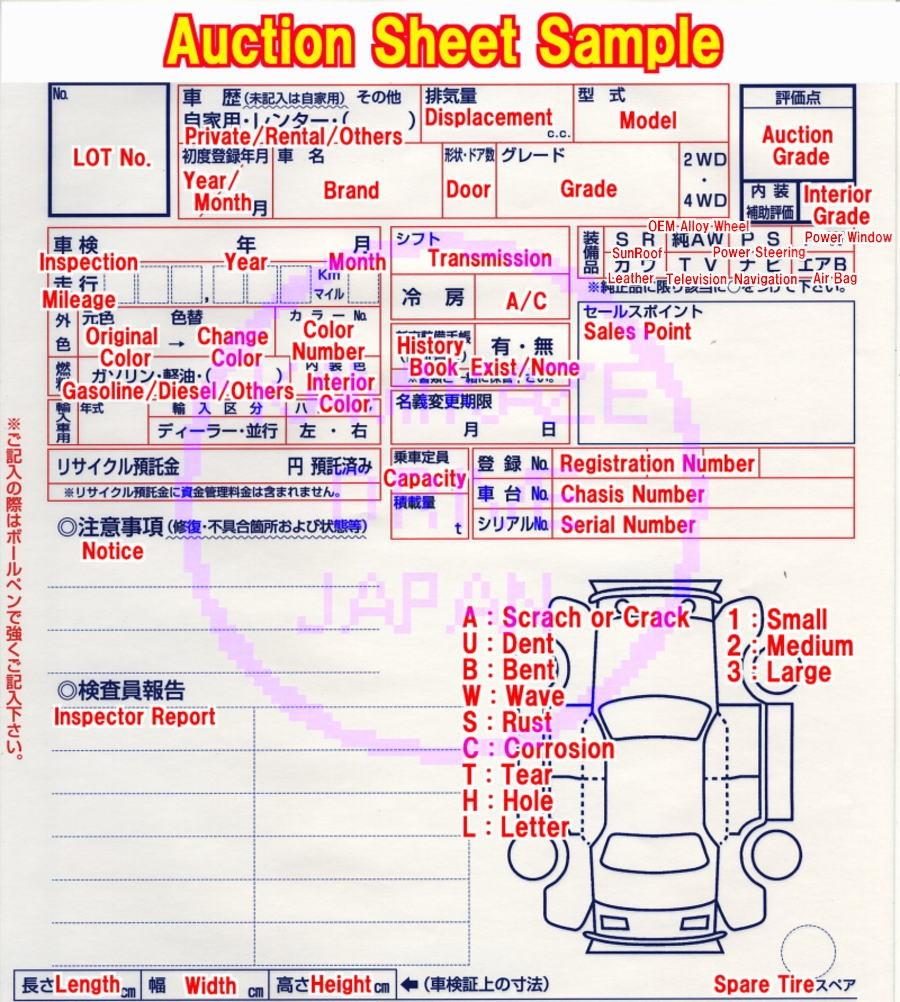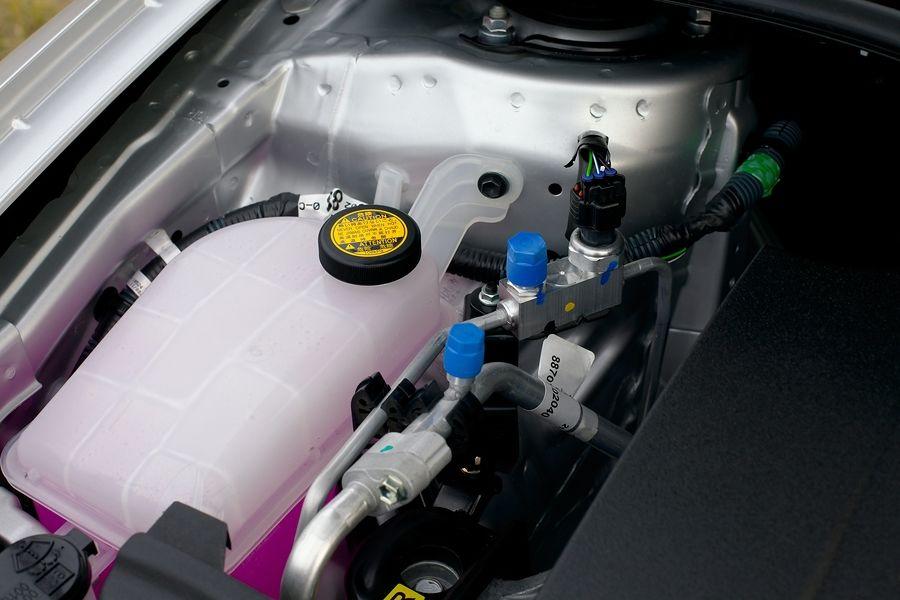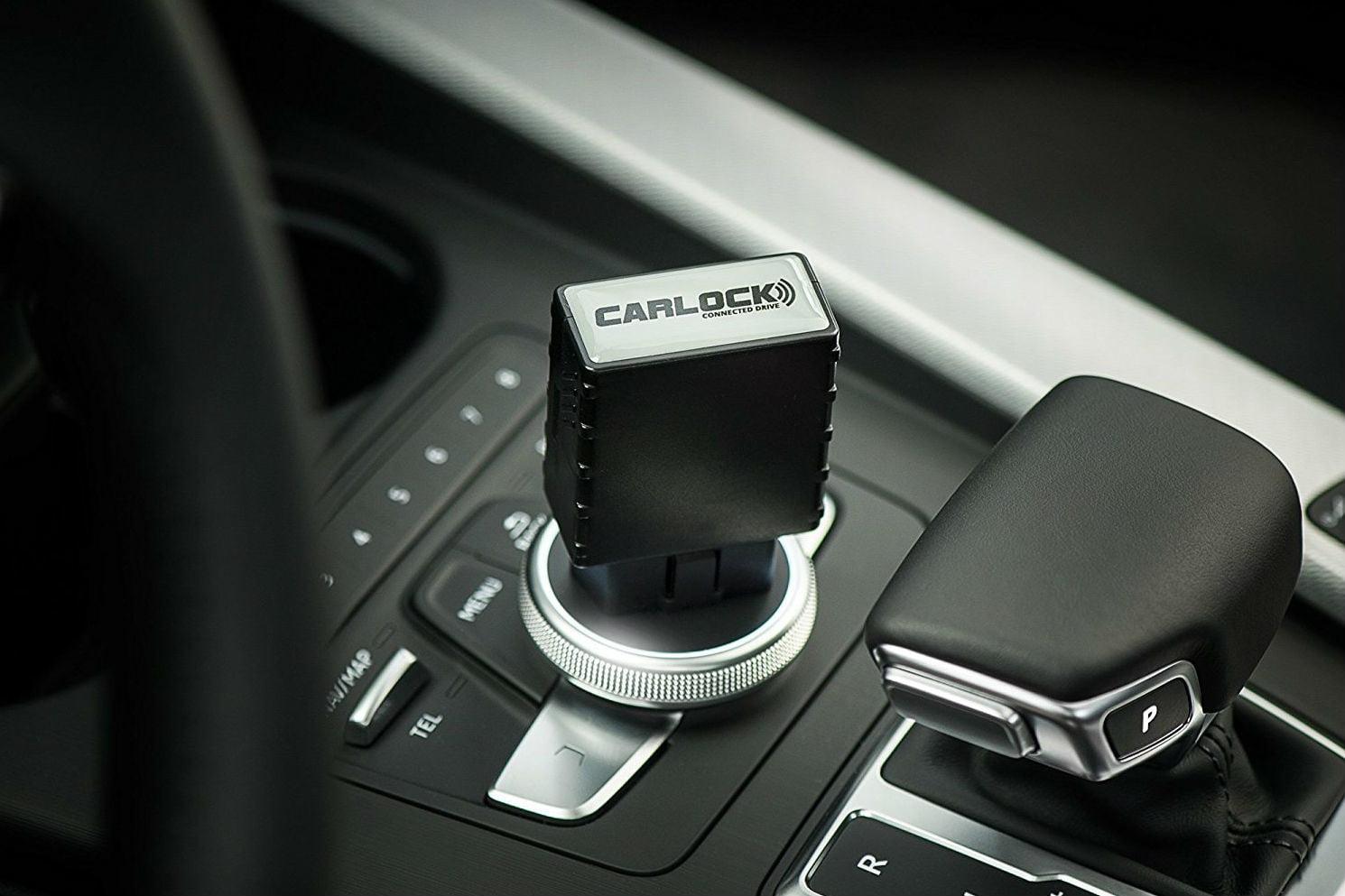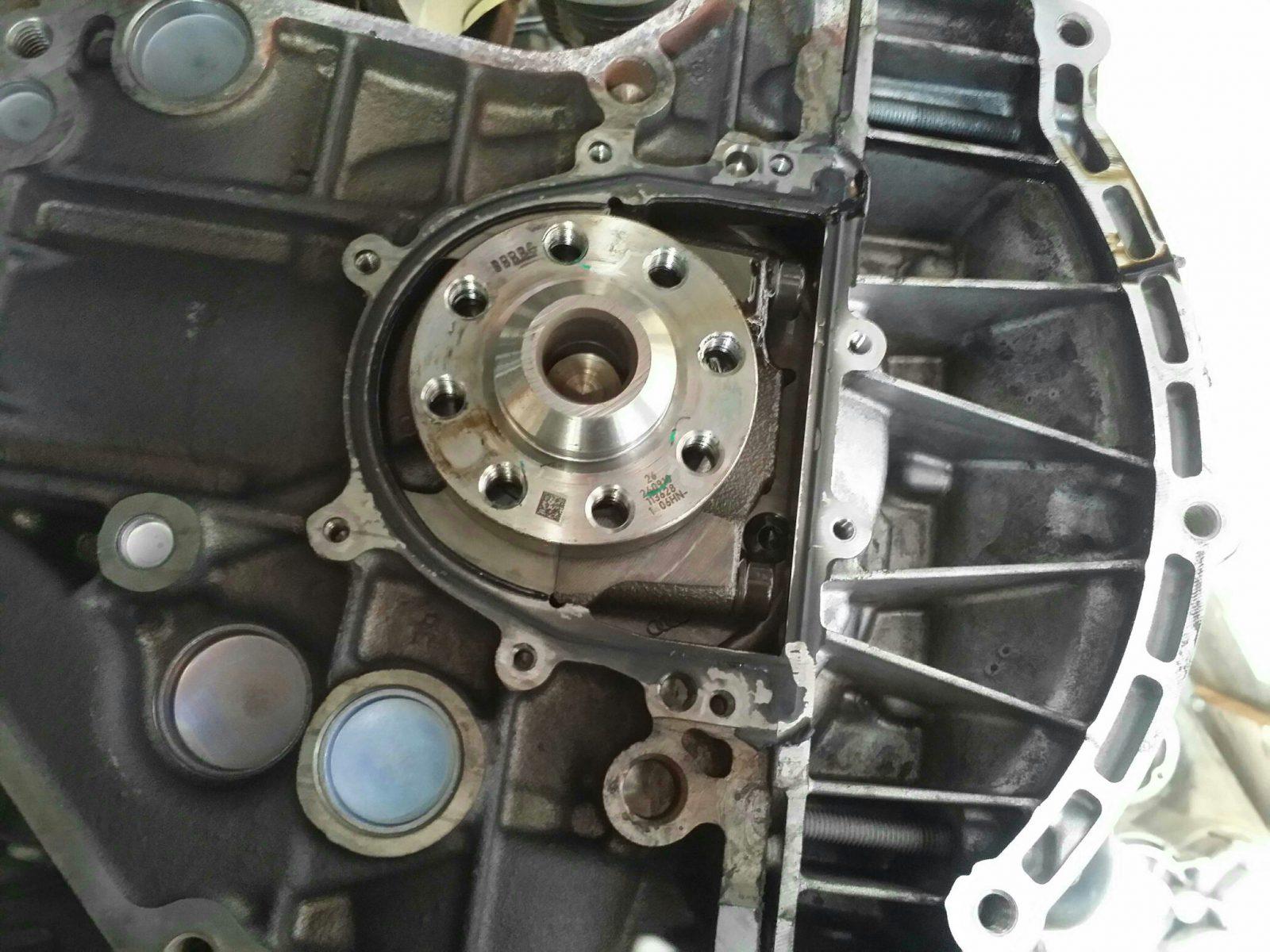9 Shocking Driving Tips For Fuel Saving
Fuel efficiency is a problem that every driver is dealing with, especially when the gas price increases every day. To help you save more money, auto experts from Car From Japan give you some awesome fuel saving tips as below!
Surefire Tricks For Fuel Saving You Should Know
Besides the structure and parameters of the vehicle, the driving style and driving skills of the driver are also important factors that determine fuel economy.
Recently, Ford has researched the impact of driving skills on energy consumption and the amount of CO2 emitted per kilometer driving. Studies show that, when applying environmentally friendly driving skills, drivers can reduce up to 25% of fuel consumption and emissions into the environment compared to conventional driving. Even small changes in the way you drive can have big effects on fuel economy.
Adam Smith – Vehicle Energy Management Engineering Manager and one of Ford’s top fuel efficiency experts in Asia Pacific said “Eco-driving not only saves you fuel and money, it also benefits the environment and can make our roads safer for everyone.”
That’s why in this post, we will cover 9 driving tips for fuel saving:
1. Drive at normal speed

Driving habits such as speeding and braking can cause more fuel consumption. You should know that in freeways, the fuel consumption when driving under and above 100 km/h is very different. Sudden acceleration and braking can consume 40% more of your energy. So the patient driver will always receive lower gas bills. Instead of continuity braking and accelerating, the driving tip is to understand the traffic in front and remain at normal speed. This habit will not only help you save fuel but also help you increase the lifespan of your brakes and tires.
2. Check tire pressures
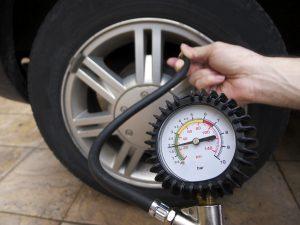
Tires that are properly inflated to the standard pressure help you drive safer, and steer more accurately. The tire pressure is listed in the owner’s manual or tire’s surface.
Be careful not to overinflate the tire beyond the standard pressure because overinflating the tire will reduce traction and tire life. It is recommended to check your car tire pressure at least once every month. The lower the pressure, the more gas the vehicle needs to move on the road.
3. Don’t carry too much weight

A car is like your body: it requires more fuel to carry more weight. With every 50 kg of luggage, it will consume 2% more fuel than normal. So if it is unnecessary, drivers should avoid bringing many heavy items.
4. Keep air filter clean
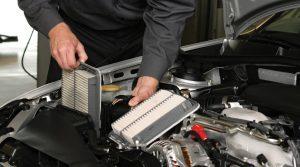
Car owners need to check air filter conditions regularly since a broken air filter will consume 10% more energy. To check this car part, drivers can examine it after washing it carefully. If the sunlight can go through the air filter, drivers should change to a new one.
If the filter gets congested regularly, it is also suggested to replace a new air filter to make sure the air purification is clear and fuel is saved.
5. Shut down engine when not using
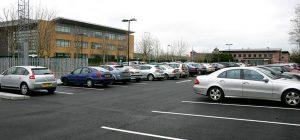
When the vehicle stops or is not working for a long time, it is wise to shut down the engine to reduce unnecessary gas consumption. It is also to avoid heating engine for too long, which also affects the environment.
SEE MORE:
6. Use cruise control
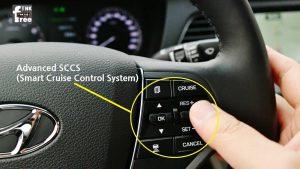
Cruise Control is an automatic speed control system designed for safety and maximum fuel efficiency. For example, when driving 112 km/h on the freeway, the system will calculate and adjust car parts to maintain the speed.
Adaptive Cruise is another method for fuel saving. The system will automatically keep your car at the right distance in front and behind vehicles using radar.
7. Schedule your trip
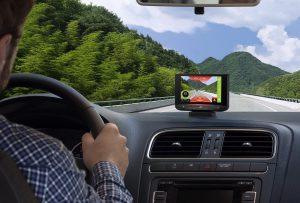
Before going anywhere, it is necessary to calculate the traveling road and time to avoid getting lost and fuel consumption. If you need to go to many places to pick up many people, it is ideal to schedule the road and combine all the small trips into a big one for gas saving.
8. Turn the AC off if possible
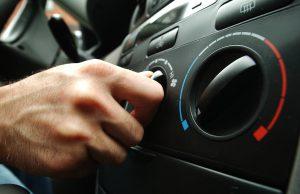
Did you know that turning on AC at a low temperature will consume about 15% of the power? If the weather is comfortable, car owners are suggested to turn off the air conditioner. This will help fuel efficiency since the car AC usually consumes 10% of the energy.
However, at the speed of 80 km/h, using the air conditioner is better for your vehicle than opening windows. The first reason is to increase the vehicle’s aerodynamics, and the second is that at high RPM, the engine produces enough energy for the air conditioning systems to operate effectively.
9. Fuel and fuel pumping
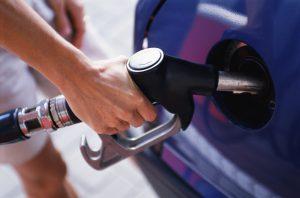
Always keep an eye on the fuel type that your car is gonna use since it not only saves energy but also saves your vehicle engines.
Fuel pumping is an important technique and sometimes, a small trick can help drivers to pump more fuel. The right time to pump fuel is in the early morning or late afternoon since the fuel will be thicker than normal. It is essential not to pump too full to avoid leaking gas.
Besides, you also need to ensure that you use the correct engine oil, using the type of lubricant recommended by the manufacturer (clearly stated in the user manual) will help your engine work effectively. When using the wrong type of oil, fuel economy can be reduced by up to 2%.
Check out this video to know more tips on saving fuel:
Final Thoughts
Practicing fuel-efficient driving habits not only helps you save money on fuel costs but also contributes to a greener environment by reducing carbon emissions. Remember, small changes in driving habits can add up to significant fuel savings over time, benefiting both your wallet and the environment.
Hopefully, these 9 tips we mentioned above will help you in saving fuel for your car. If you have any questions, leave us a comment in the box below.






